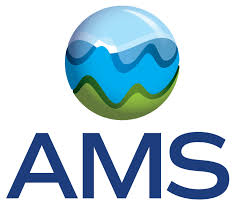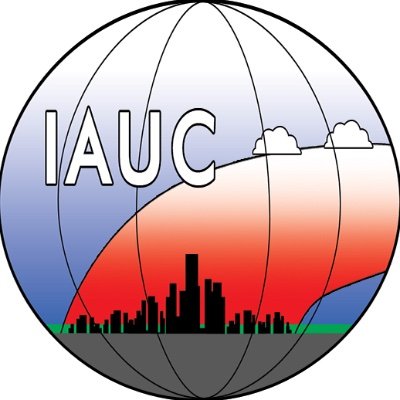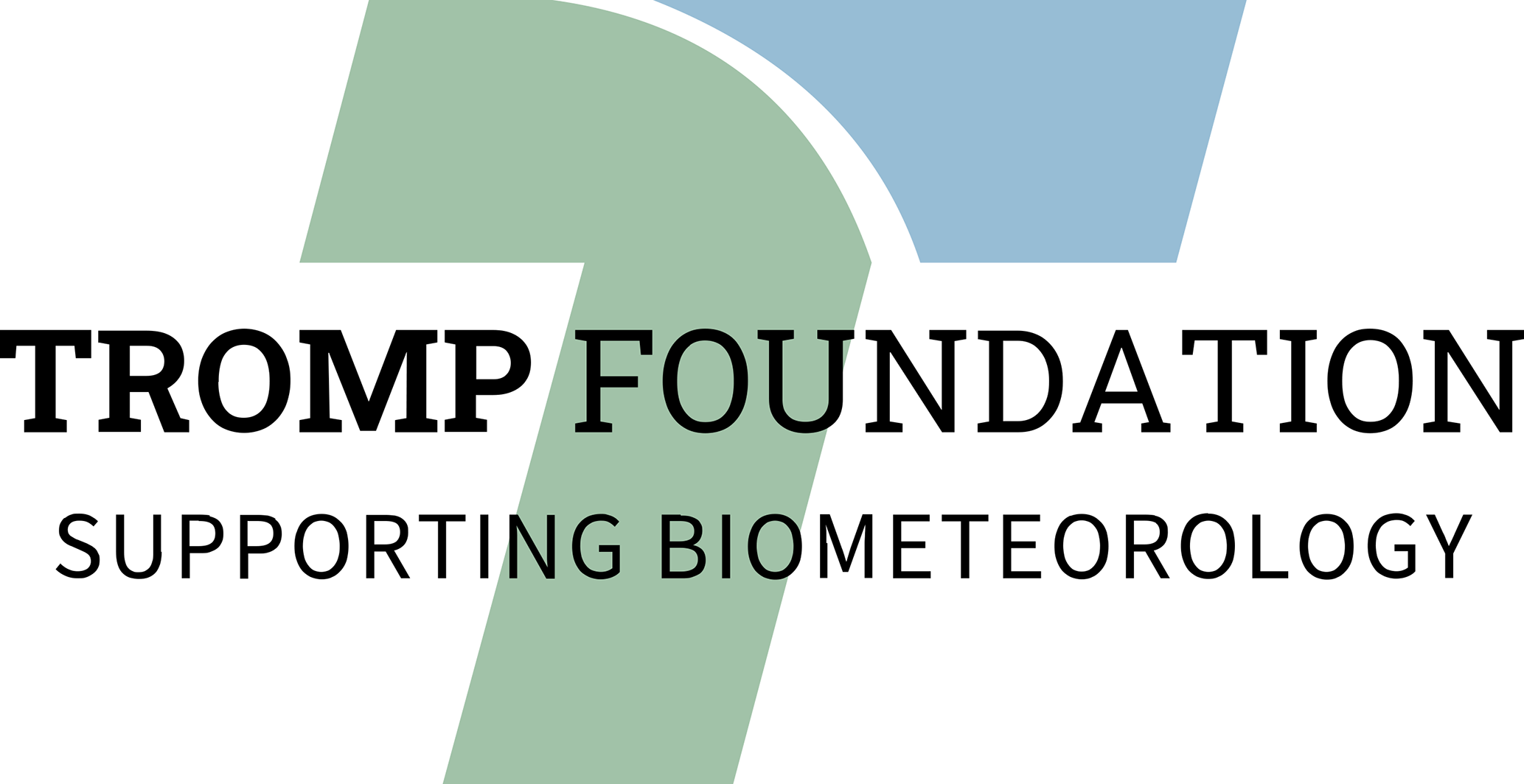Local Climates and the Impacts on Marginalized Communities
We aim to bring together empirical studies and case analyses that illustrate the unique challenges faced by marginalized populations, including low-income residents, indigenous communities, informal settlers, and minority groups. Topics of interest include methodologies and approaches for studying urban climates in these complex environments, the quantification of local climate phenomena and their dynamics, the role of unique urban fabrics and socio-demographic factors, and the diverse impacts on physical health, sleep patterns, mental health, economic livelihoods, and the climate adaptation strategies employed by these groups. This session encourages interdisciplinary dialogue, improve research methods, and find practical solutions to reduce the negative effects of local climate conditions on vulnerable populations. It also seeks to bring together current knowledge and help create more inclusive and fair approaches to climate adaptation and resilience planning.
11:00–11:15
|
ICUC12-13
|
Online presentation
Institutional and social capacities in community heat adaptation: Evidence from China’s newly-urbanized areas
(withdrawn)
11:15–11:30
|
ICUC12-88
|
Onsite presentation
11:30–11:45
|
ICUC12-302
|
Onsite presentation
11:45–12:00
|
ICUC12-736
|
Onsite presentation
12:00–12:15
|
ICUC12-987
|
Online presentation
12:15–12:30
|
ICUC12-1141
|
Onsite presentation
12:30–12:45
|
ICUC12-999
|
Onsite presentation
12:45–13:00
|
ICUC12-264
|
Onsite presentation
E56
|
ICUC12-481
Spatial Big Data and Heat Islands: Exposing Inequalities in Rio de Janeiro
(withdrawn)




